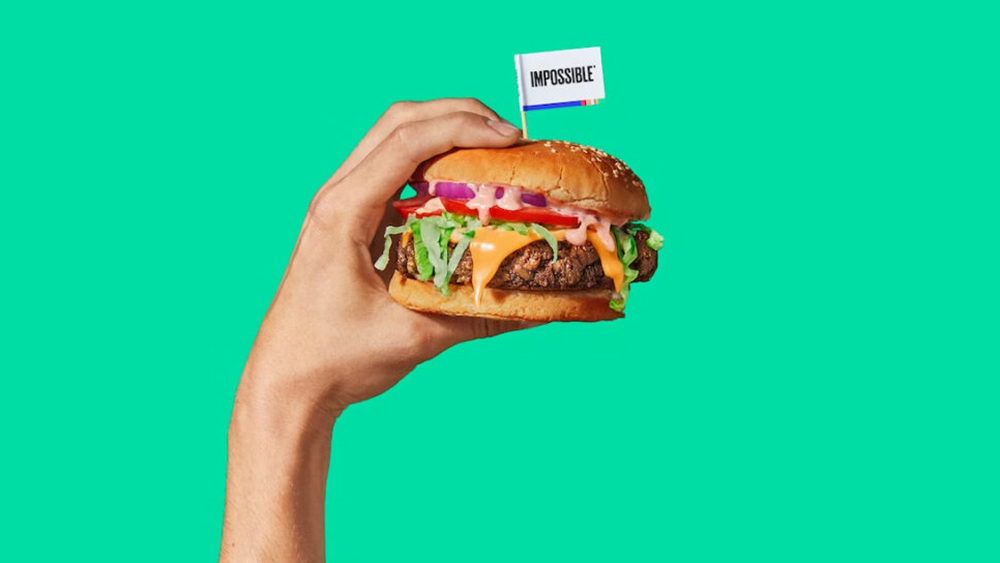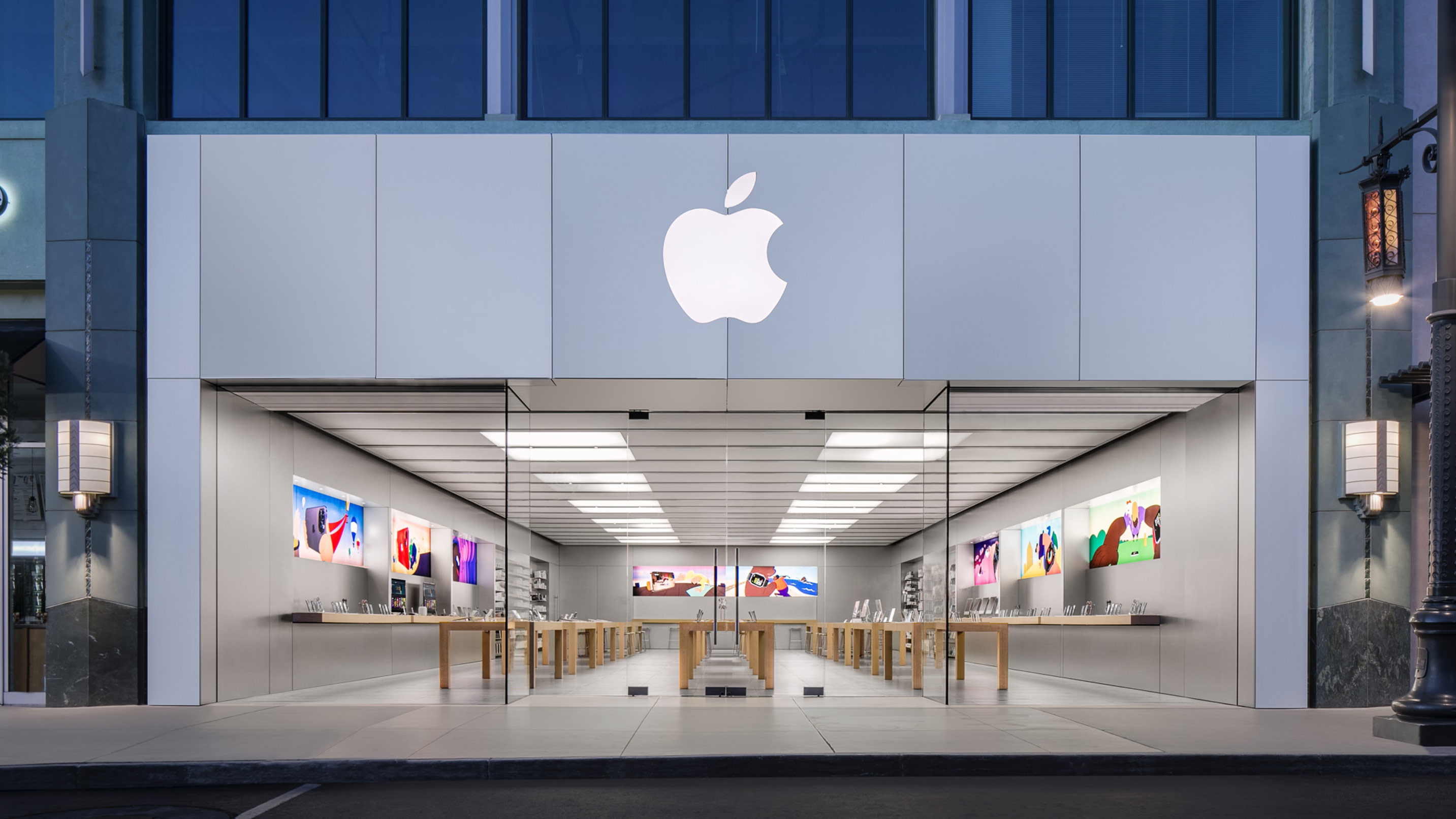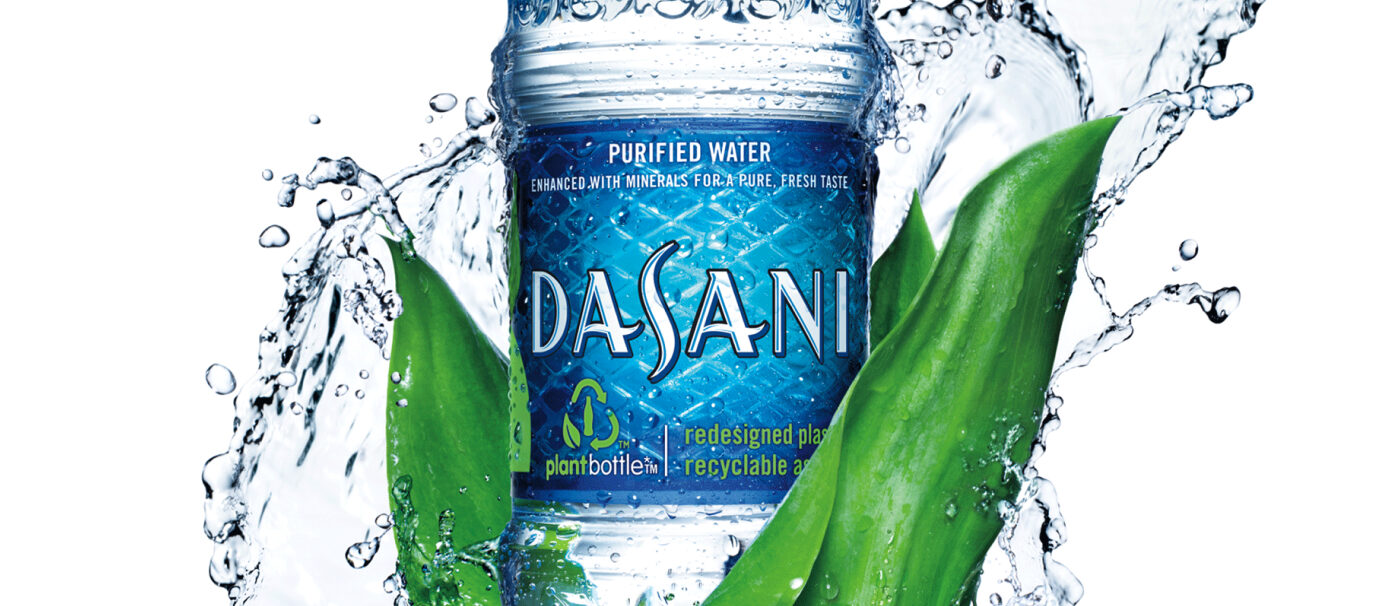
It’s hard for new products to stand out and grab attention in the constantly-changing and increasingly global and digital marketplace. But there is an often-overlooked asset that many brands don’t put enough priority into: the product name. Selecting the right name has never been more important and the naming process has never been more challenging.
After all, a name is the one thing your competitors can’t take away from you. The reality is that most products and services can be copied over time. The brand name is the one thing that can’t be copied. As a registered trademark, a name is protected. It is valuable intellectual property, just as much as a patent. This makes selecting unique product names more important than ever.
After 40 years in the naming business, I have identified a few essential rules and conventions of product naming designed to optimize the selection of your next name. These are based on our approach of strategy, creativity and linguistics - combined to create a brand name that is unique, memorable, lasting and most importantly, helps a company grow.
01. Don’t describe: create space for messaging To flourish

This product naming rule is fundamental to creating an effective name. Effective brand names always have three 'space creating' qualities. First, names are both distinctive and thought-provoking. They help the audience imagine that there is something new, something that behaves differently or delivers something better. Second, effective names are memorable, largely because they are distinctive. If you are forgettable, you will lose. And third, the name must offer a degree of relevance.
But this is tricky and sometimes misleading because when you read the word relevance, most people think about names that are descriptive or highly suggestive. While this is true in some cases, relevance can also be delivered in attitude or by association. Think Google. Think Apple. Think Sonos. These names are not descriptive, but they deliver relevant attitudes. And they allow all of us to think fast. Understand your target market and target customer, consider how your product naming strategy affects them, and deliver relevance in the right way.
02. Be unforgettable
If you want to influence people’s choices (and you do) you must influence what they remember. Memorable names make it easier for consumers to buy your product. How valuable is that?
Based on deep investments Lexicon has made in consumer research and linguistics, we know that to be unforgettable the name must be easy to process – easy to understand. Our brains don’t like complex ideas. We like to think fast. It is also important to understand that there is science behind memory. All of us remember what we understand and what we can visualize. Mad Cow disease is memorable, but Bovine Spongiform Encephalopathy (the scientific expression for Mad Cow Disease) is not. Keep this in mind when considering how a name can help to ensure your company will have lasting brand recognition.
03. Help your audience to think differently

Pentium is a perfect example of a brand name that delivers on this approach. Prior to Intel’s Pentium processors, most consumers did think much about what was inside their computers. But within months after launch, consumers were walking into Best Buy and asking for a computer with Pentium inside. We had a similar challenge when Maraxi asked us to help name their vegan alternative to meat products. The name Impossible was deemed to be a good fit as the brand was completely reimagining healthy food. Both examples show how names can help consumers think differently about the products.
04. Develop some attitude
Gatorade is a perfect example of an effective product name that reflects this thinking and it shows in the product’s widespread brand recognition. It uses one of the earth’s oldest predators to bring an entirely new idea and attitude to the market. It makes us think about what is in that bottle. On the other hand, Powerade is based on a benefit, suggestive, and far more mundane. 30 years after launch, Gatorade is still the leader. If your goal is to create a brand name that is truly effective, don’t forget about creating a brand name with attitude.
05. Create something new or use words in new ways

Often times we get requests from clients that they don’t want their product to sound like the category they are in. Or they are creating an entirely new category. We had this challenge when naming electric luxury vehicle Lucid. As a real word and an adjective, Lucid conveys intelligence and awareness and uses sounds and letters that depict smoothness and comfort.
When we developed the name Dasani, Coca-Cola was looking for a way to cut through the clutter of the crowded bottled water industry. The name Dasani is invented but with the Latin word for 'health' (San) in the middle. In a world of Crystal Springs and Aquafinas, Dasani says, 'I’m different'.







